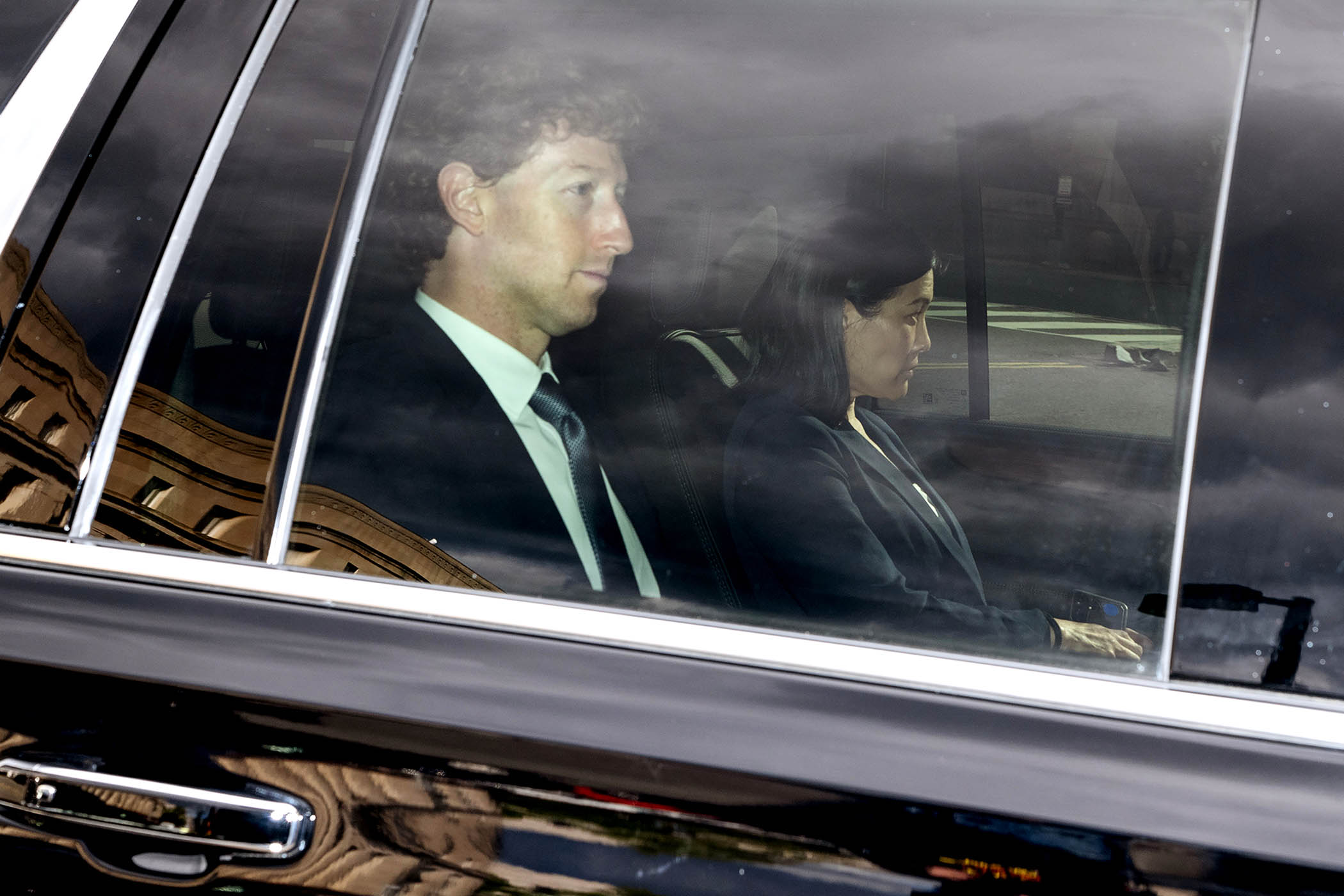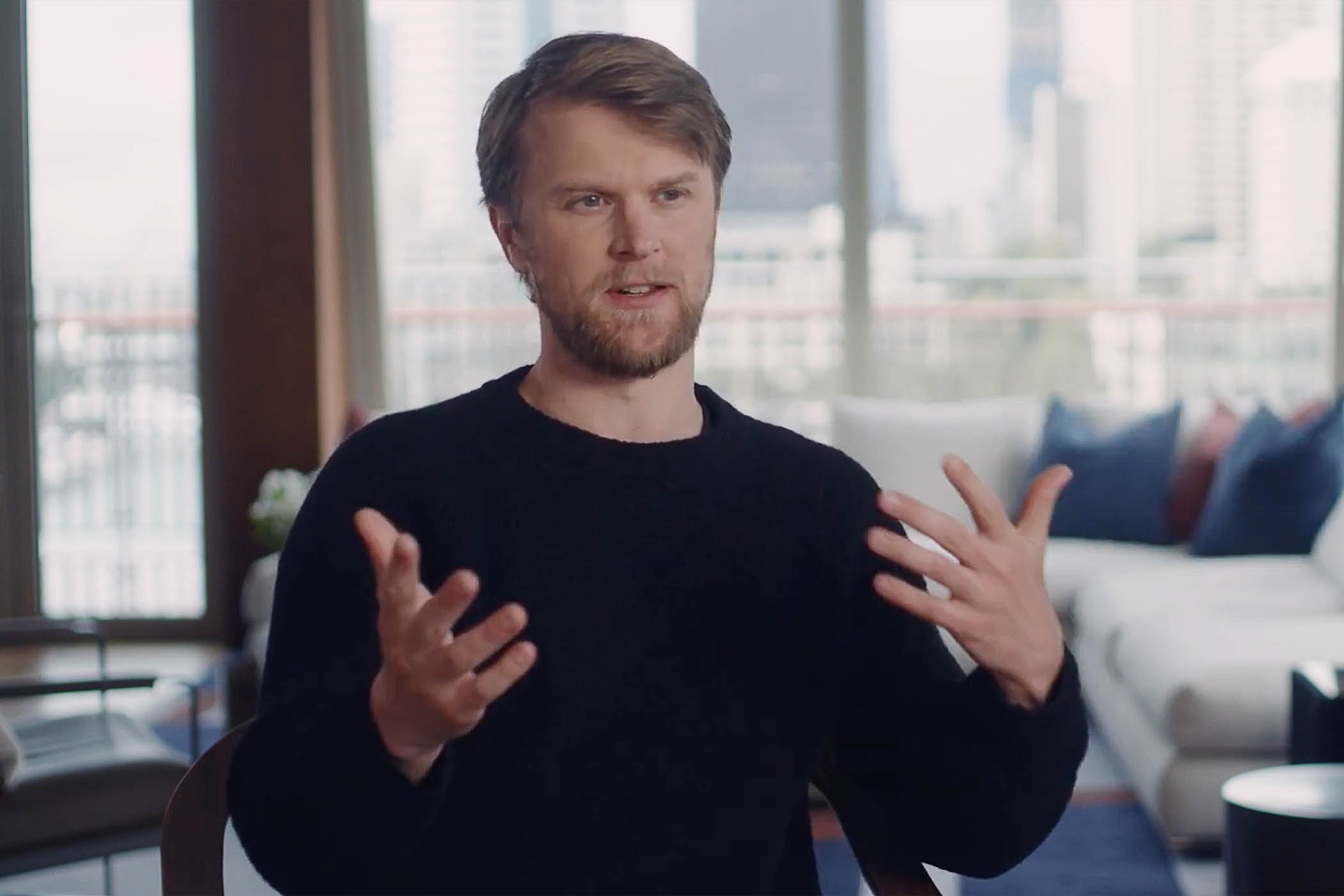The study of antitrust law is an acquired taste, but sometimes you have to take a deep breath and dive in. One such time was last Tuesday, when a judge in Washington ruled that Meta (nee Facebook) was not a monopolist. Five years earlier, the US Federal Trade Commission (FTC) had filed an antitrust suit against the company, arguing that its purchase of Instagram in 2012 (for $1bn) and WhatsApp in 2014 (for a whopping $19bn) were preemptive strikes against potential competitors and therefore a violation of section 2 of the 1890 Sherman Antitrust Act, the 135-year-old federal law that prohibits the monopolisation of an industry through anticompetitive practices.
The stakes were high for both sides. If the judgment went against Meta, the company could have been forced to divest itself of Instagram and WhatsApp, which would have represented a humiliating breakup, not to mention a massive drop in its stock market valuation. For the commission, the trial was an attempt to make up for past mistakes – the way the two offending acquisitions had, in effect, been “waved through”.
In the end, the FTC lost – for three reasons. One is that it was essentially trying to prove the truth of a hypothetical proposition: that Meta would not have become so dominant if it hadn’t swallowed the upstarts. Another was that its case defined too narrowly the market in which Meta was allegedly a monopolist as “personal social networking” in which consumers connected online with friends and family.
And third, and perhaps most decisively, there was the fact that the case took five years to come to trial in an era when five calendar years translates into 35 internet years. As the judge put it: “The landscape that existed … when the Federal Trade Commission brought this antitrust suit has changed markedly. While it once might have made sense to partition apps into separate markets of social networking and social media, that wall has since broken down.”
The extent to which the online world has changed was vividly outlined as the trial progressed. It turns out, for example, that Americans now spend only 17% of their time on Facebook viewing content from friends; on Instagram, that number is a mere 7%. And what has replaced that content from friends? Mostly short videos posted by strangers and recommended by AI.
Most people’s time on Instagram is spent watching Reels, which is also the single most-used part of Facebook. Interestingly, the percentage of posts in Facebook users’ newsfeeds that are from their friends is redacted in the court transcripts, which makes you suspect that it’s a very small number indeed.
These statistics sketch the outline of the transformation of our media ecology that US podcaster and journalist Derek Thompson wrote about recently – a world in which people scroll relentlessly through “continuous streams of short-form video content” that require, at best, the attention span of newts. The evidence presented at the trial provided a fascinating insight into how TikTok and YouTube – and fear of both – has shaped Meta’s stampede into video.
The trial judge’s remarks about how five years is a long time in technology ring grimly true for anyone interested in antitrust. The legal process to break up the American telecommunications company AT&T commenced in 1974, for example, but it took 10 years before the resulting “Baby Bells” – regional telephone companies – began operations.
Meanwhile, the US antitrust case against IBM was launched in 1969 and went on for 13 years before being dropped in 1982 (after generating 30m pages of documents). The case lasted so long, and expanded in scope so much, that by the time the trial began, “more than half of the practices the government raised as antitrust violations were related to products that did not exist in 1969”.
It was, said the famous (and sometimes notorious) jurist Robert Bork, “the antitrust division’s Vietnam”.
Newsletters
Choose the newsletters you want to receive
View more
For information about how The Observer protects your data, read our Privacy Policy
All of which leads to an uncomfortable question: can liberal democracies really tame giant corporations? The Meta verdict exposes a troubling asymmetry. Large companies operate on strategic timescales measured in decades, while democratic institutions respond in electoral cycles and judicial processes that span years. It’s a legal tortoise versus rocket-powered tech.
By the time courts reach verdicts, the technological landscape may have changed beyond recognition. China has demonstrated that concentrated state power can discipline tech giants swiftly and decisively. But can democracies constrained by due process, limited resources and corporate capture achieve similar results?
Or have we constructed a legal architecture so attuned to corporate interests that meaningful accountability has become structurally impossible?
The worrying thing about the Meta case is that we may already know the answer.
What I’m reading
Top dogs
The long history of unaccountable elites in US life is examined in a great 16 November post by historian Heather Cox Richardson in her Letter from an American on Substack.
Auntie’s bloomers
The Mad Farrago at the BBC is Tina Brown’s take on a homegrown shambles.
Bang goes the legacy?
A fine acerbic piece by Matt Stoller about the apparent scandal engulfing Bill Clinton and Barack Obama’s former economics guru Larry Summers is The Blast Radius of Jeff Epstein.
Photograph by Getty Images



